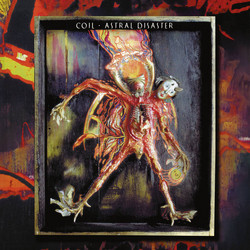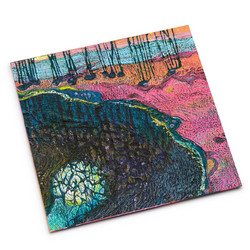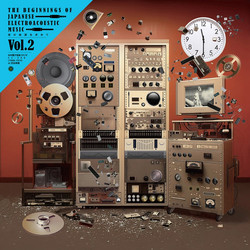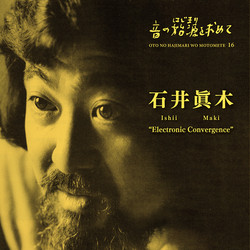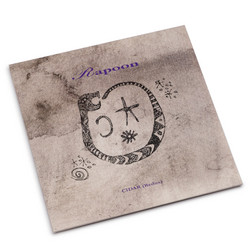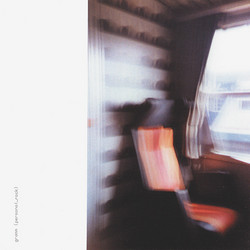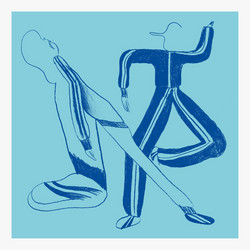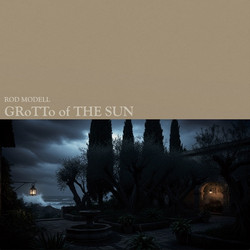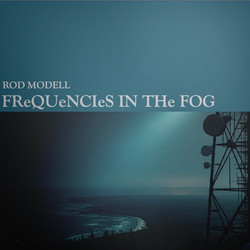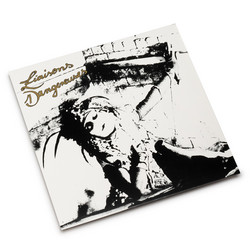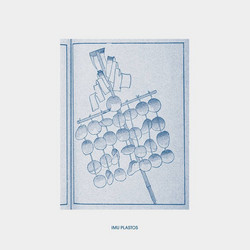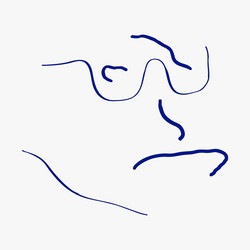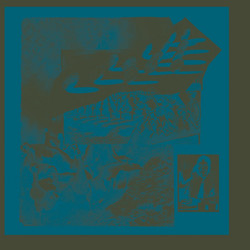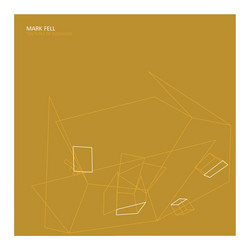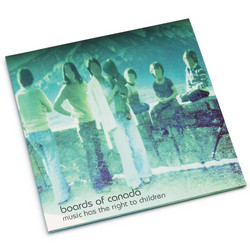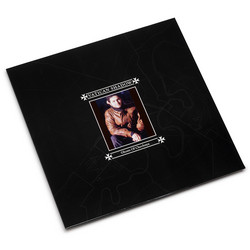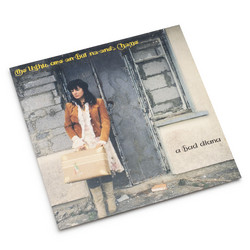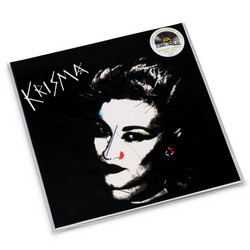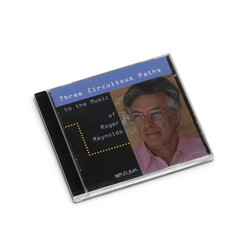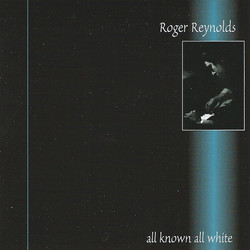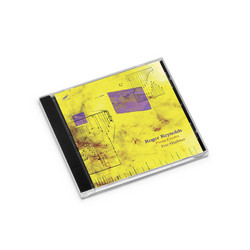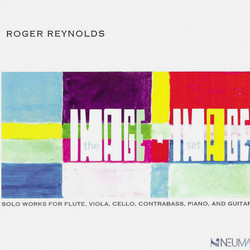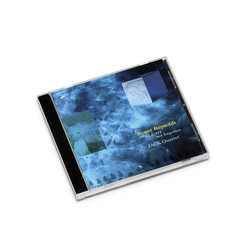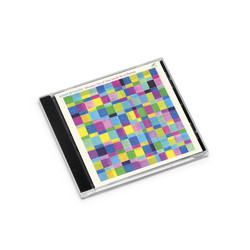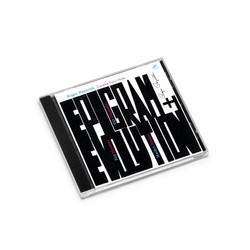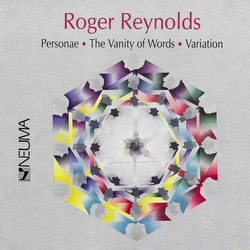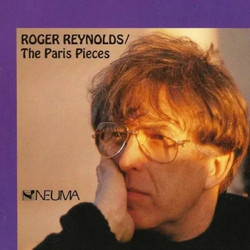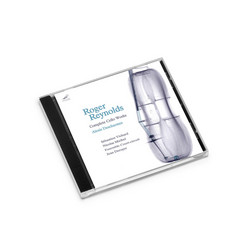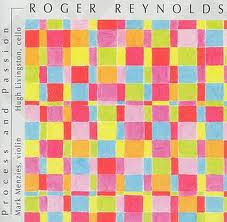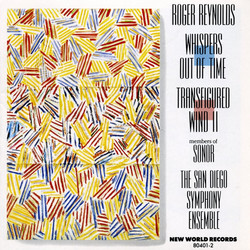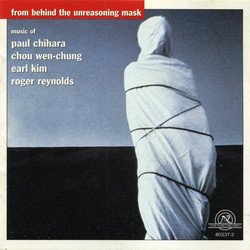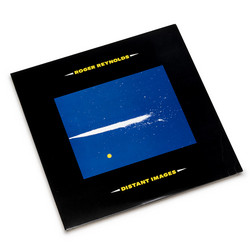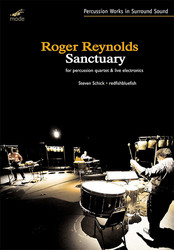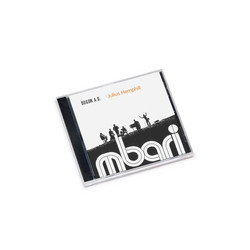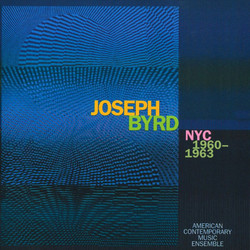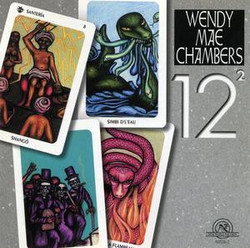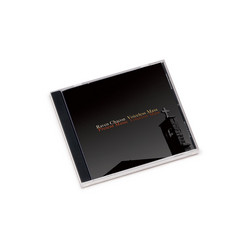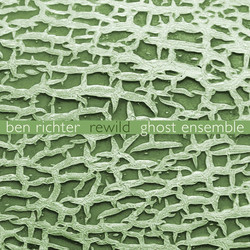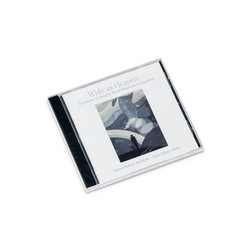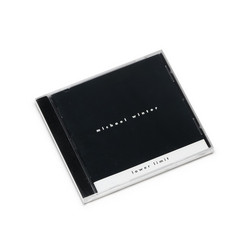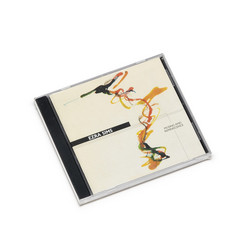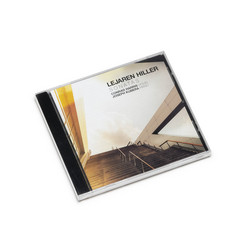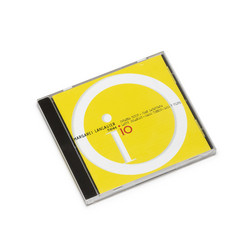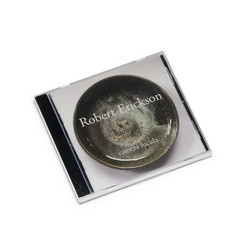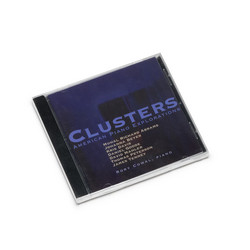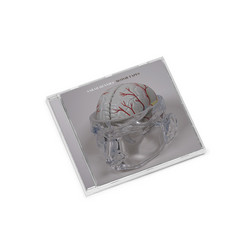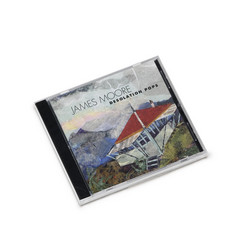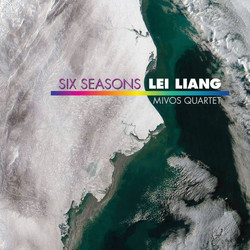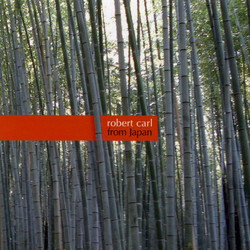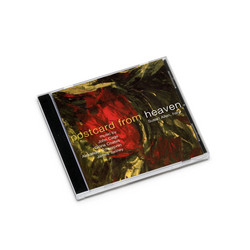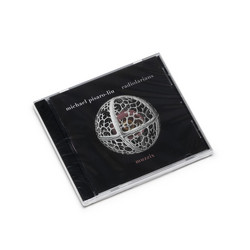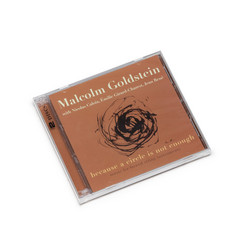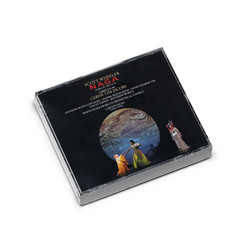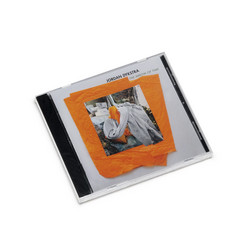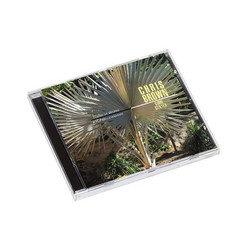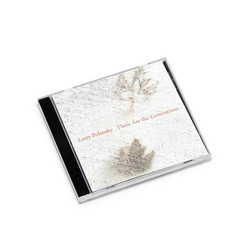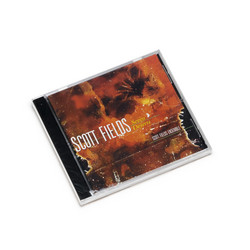Roger Reynolds
Electroacoustic Music (CD)
This CD presents two of the less often heard, most extreme and hardest to categorize sides of Roger Reynolds. The music for Ivanov is collaborative, utilitarian music for the theater. Versions/Stages is abstract experiment, music inspired by the desire to investigate compositional phenomena. Both are works seemingly far removed from Reynolds's concert music, and, additionally, they reveal yet another facet of the composer, his quarter-century contact with Japan.
The only instructions that Tadashi Suzuki (Japan's leading experimental director) gave Reynolds before they began their collaboration on Chekhov's early play Ivanov, was that he wanted some religious music and some primitive music. What Reynolds ultimately decided upon was the idea of opposition, looking at the religious and the primitive as if they were polar. And so the music became a series of opposing pairs. "Trumpet Dream" is a montage of recorded trumpet material stretched and circulated in space, while "Piccolo Dream" fragments piccolo material into small points of sound with strobe-like intensity. "The Scream," which is an extract from Reynolds's Voicespace, contrasts with "Monogatari" ("Stories"), the Japanese word stretched out to about three minutes.
The genesis of Versions/Stages couldn't have been more different from that of Ivanov. The process involved the use of computer algorithms that allow the composer to extend and enrich materials by fragmenting and recombining them in ways analogous to the practice of canon. In addition, he can slow down sounds without affecting their pitch, thus creating a slow motion that reveals something of the sounds' inner working. For each of the five pieces, Reynolds expanded one minute of recorded sound into a five-minute movement with identical form. He employs structures he calls "windows of opportunity," which establish fixed positions in both space and time to define the form, and then allows the different source materials to project themselves through this potential in characteristic ways.
